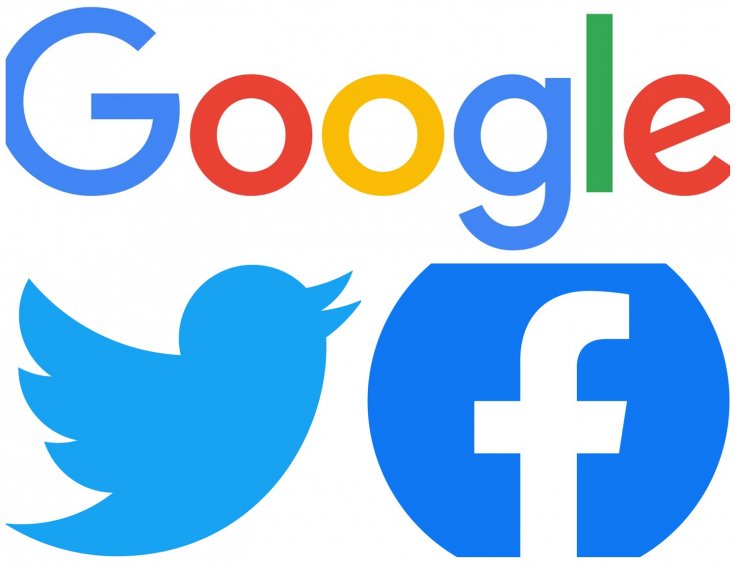Technology giants, Google, Facebook, and Twitter are facing a class-action lawsuit in Australia from cryptocurrency entrepreneurs in a David-vs-Goliath case for banning their ads. The estimated value of the lawsuit is around $300 billion.
The case which is being prepared by a Sydney-based law firm, JPB Liberty, has been submitted to a senior barrister for review and is pending funding to file. So far, the case has already attracted litigants with $600 million of claims and is expected to grow.
What Is the Case All About?
The cryptocurrency entrepreneurs — individuals and companies — have accused the tech giants of colluding to ban cryptocurrency and blockchain ads on their platforms, costing them significant loss and harm to their businesses.

If you are wondering how did Google, Facebook, and Twitter, who are competitors, conspire; it's because all three of them banned crypto ads one after another in 2018 and also included the embargo in their terms and conditions of service, claiming it to be misleading and scam in which people could lose money.
Under Section 45 of the Competition and Consumer Act, Australia prohibits any "arrangements, understandings or concerted practices that have the purpose, effect or likely effect of substantially lessening competition in a market, even if that conduct does not meet the stricter definitions of other anti-competitive conduct such as cartels".
However, shortly after that Google partially revoked the restrictions and allowed crypto ads in regulated exchanges in the U.S. and Japan. Facebook too followed suit and reversed their decision in 2019, saying that ads related to cryptocurrency and blockchain would not require pre-approval. Instead, they would require to go through a review. Twitter, however, hasn't withdrawn the carpet ban on cryptocurrency ads but allows only if it's advertised by a public company, listed on the stock exchange.

"Cryptocurrency exchanges and/or cryptocurrency wallet services provided by a public company listed on a major stock market may target permitted countries subject to local laws. Contact Twitter if you are interested in these options," Twitter says in its terms and conditions.
The Australian government has also put up a warning on its website Moneysmart for people who want to invest in cryptocurrency and initial coin offerings (ICOs), saying that they can lose money. But in the no-win-no-fee case, litigants argue that since only a few regulated exchanges were present in 2018, they had legitimate business and the social media ban on crypto ads prevented them from reaching potential customers.
"The class action will seek damages for worldwide losses of Crypto Industry members and investors. The announcements of the Crypto Ad Ban by the Respondents dropped Crypto markets by hundreds of billions of dollars. Crypto exchange volumes also dropped by 60-90 percent," JPB Liberty says in its lawsuit.
Open to The World
However, the lawsuit is not limited to just Australia or crypto entrepreneurs. People from any part of the world who have suffered from the ban will be able to join the litigation. Besides that, companies that didn't directly deal in crypto such as bitcoin but had the majority of their business depending on blockchain technology would also be able to join the lawsuit.

Dr Brian Bishko, Vice President of Technology & Public Affairs, JPB Liberty, believes the ban has crushed new social media networks like 'Hive', dependent on blockchain. The company used to pay its content creators through its Hive cryptocurrency.
"Hive, which back then was called Steem, had been growing and growing – and suddenly they couldn't advertise on Facebook and get new users. It caused enormous damage," he told Daily Mail. "If your business had as a component of it anything that looked like a cryptocurrency, you got caught in the same net. So maybe you'd get a few adverts but eventually, they'd do a review and your account would be blocked."
If the lawsuit is successful, the claimants will get 70 percent of the settlement or damages while the funder will receive 30 percent.









